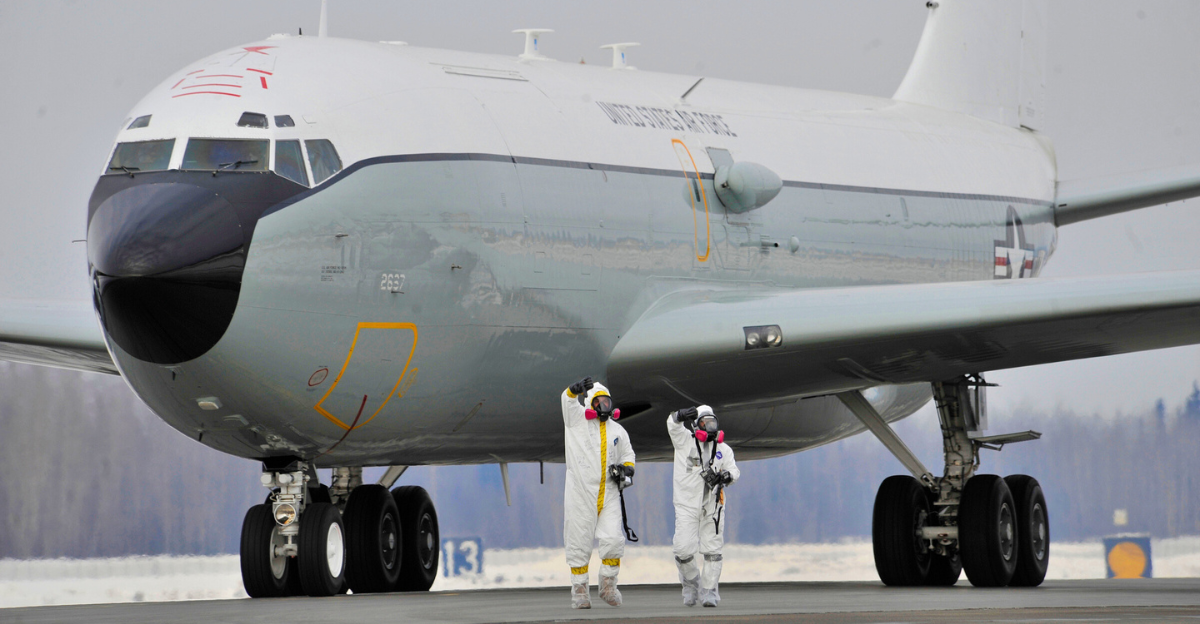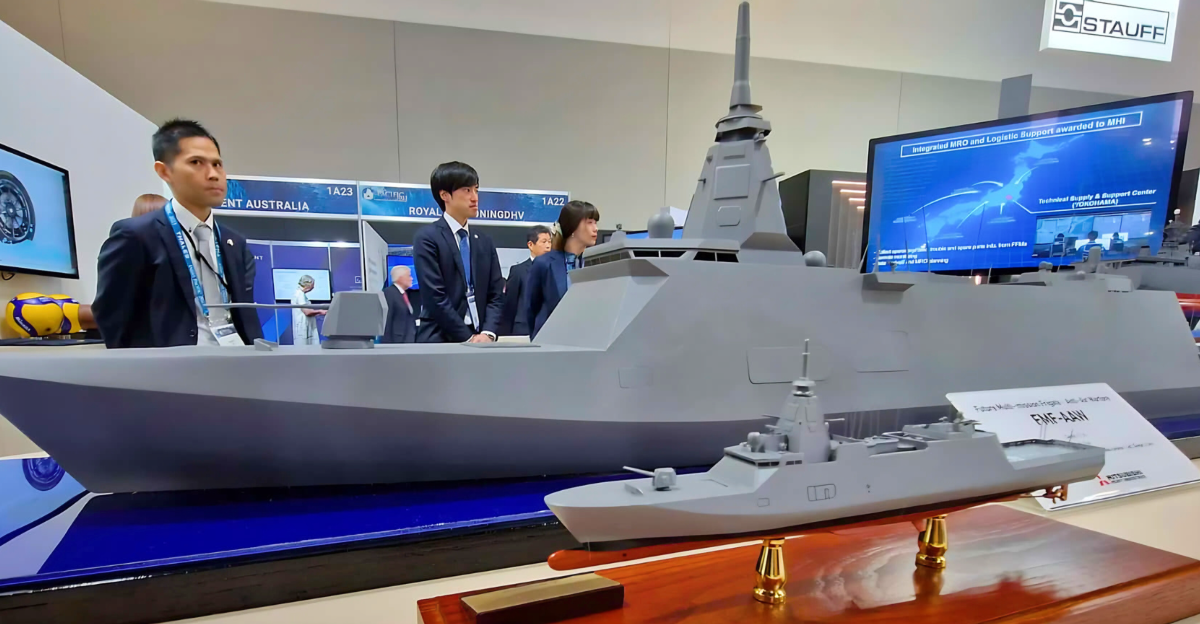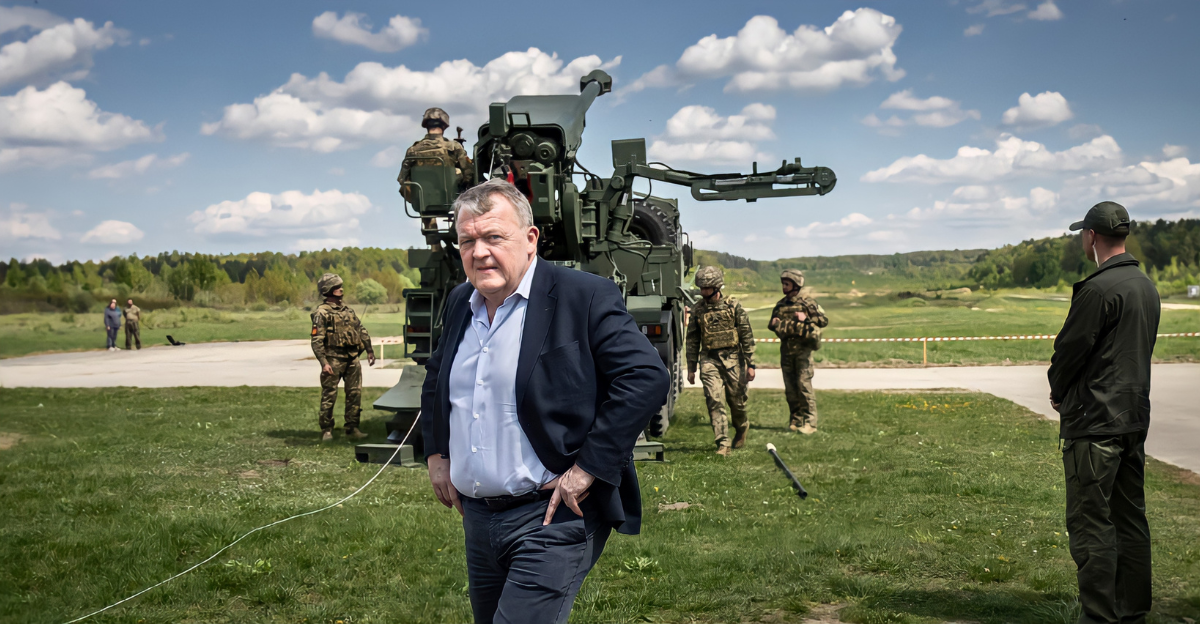
One small European nation has just shaken up the continent’s defense strategy, quietly securing a multi-billion-euro contract for one of Israel’s most advanced missile defense systems. It’s not just about cutting-edge tech. It’s a geopolitical statement aimed directly at rising threats from the East. Who’s behind this bold move, and what does it mean for the future of European security?
Not France or Germany—Romania Led This Major Deal

Romania made a pivotal move. In July 2025, Defense Minister Ionuț Moșteanu confirmed the deal with Rafael Advanced Defense Systems, according to outlets like Defense News and Army Recognition. Romania’s 614-kilometer border with war-torn Ukraine made this decision urgent, not optional.
While larger countries had already invested in other advanced air defenses (Germany’s Arrow 3, France and Italy’s SAMP/T), Romania is the first to finalize and publicly launch such a comprehensive SPYDER procurement with Rafael, designed to deliver both SHORAD and VSHORAD batteries.
What Is the SPYDER System, Exactly?
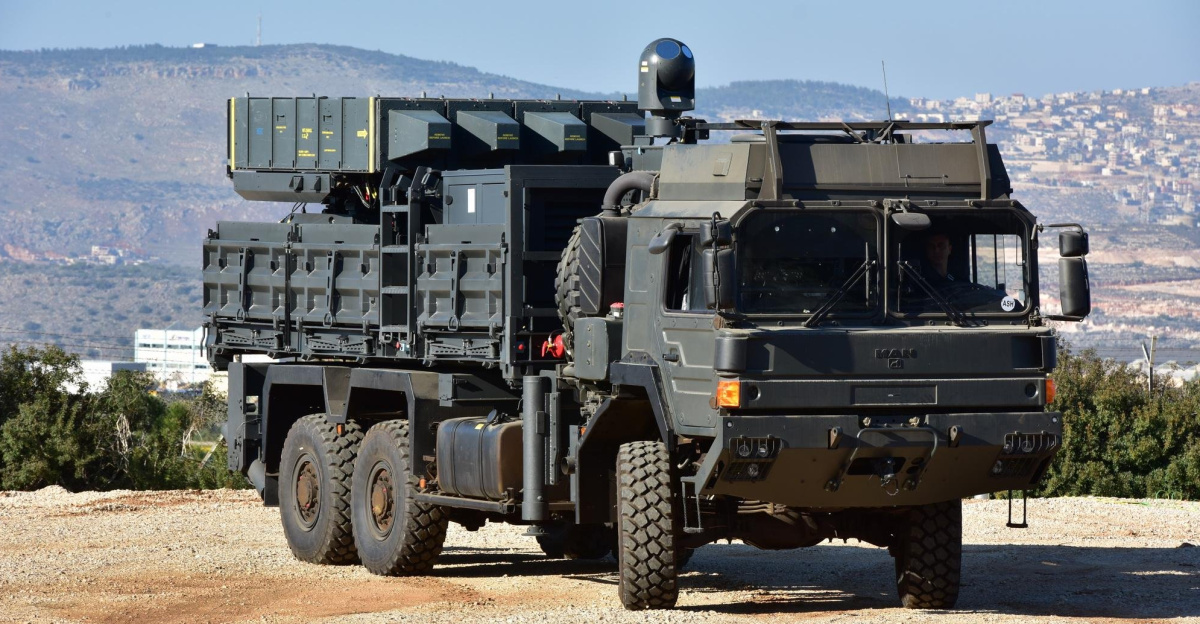
The SPYDER is a mobile air defense system from Rafael using Python-5 and Derby interceptor missiles. It detects aircraft, drones, and missiles, then targets them with advanced missiles. The system can launch quickly, operate in all weather, and each battery can engage multiple threats over distances up to 80 kilometers (for some missile types).
Combat-Proven, Growing European Interest
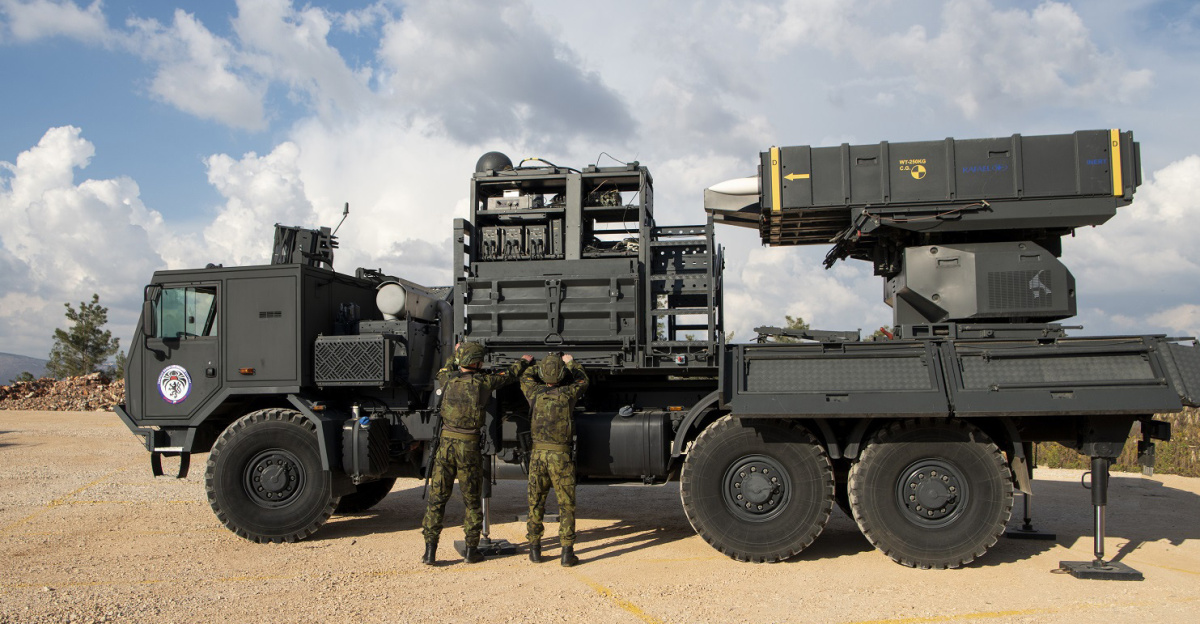
SPYDER is already deployed and operational in at least ten countries outside of Europe, including India and Singapore. The Czech Republic became the first NATO member to sign a contract for SPYDER batteries in October 2021.
Deliveries are ongoing, and the first Czech battery will enter operational testing later this year. Full operational service is scheduled for the end of 2026. Romania followed after witnessing SPYDER’s performance and urgency after the war in Ukraine, but it is the first to sign such a large multi-battery deal in Europe.
Romania’s Urgent Need for Protection
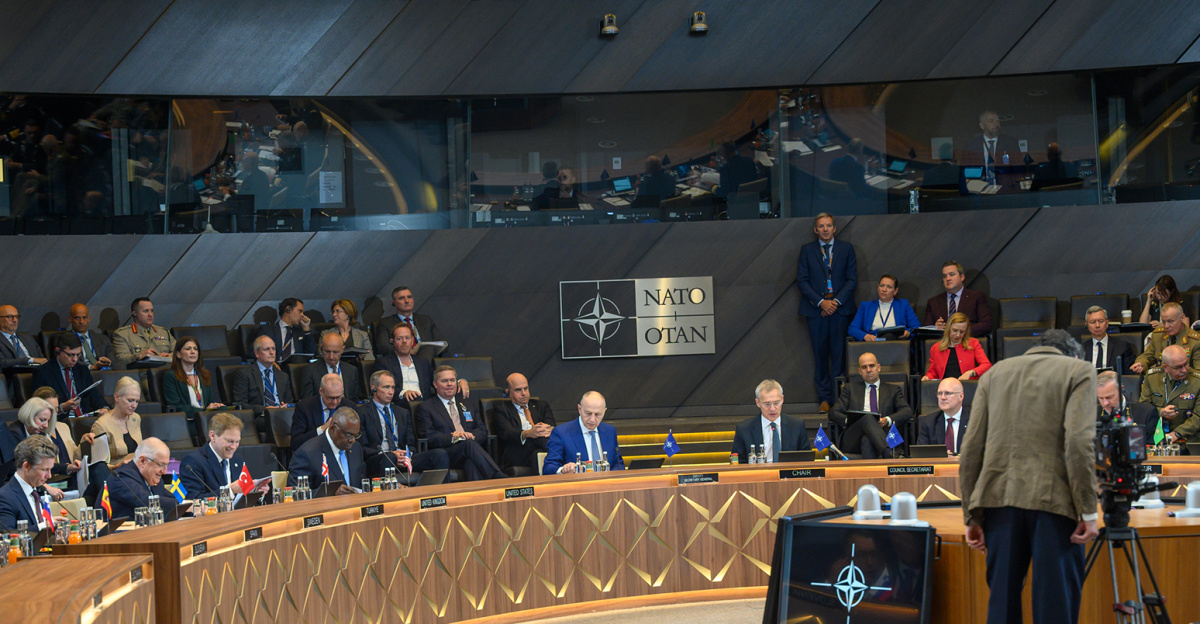
Romanian territory has seen repeated Russian drone fragment incidents since 2022, including along the Danube, sparking urgent security concerns. NATO and European defense analyses confirm Romania has become a true frontline state, accelerating the push for a modern, layered air defense.
Romania’s Historic Procurement
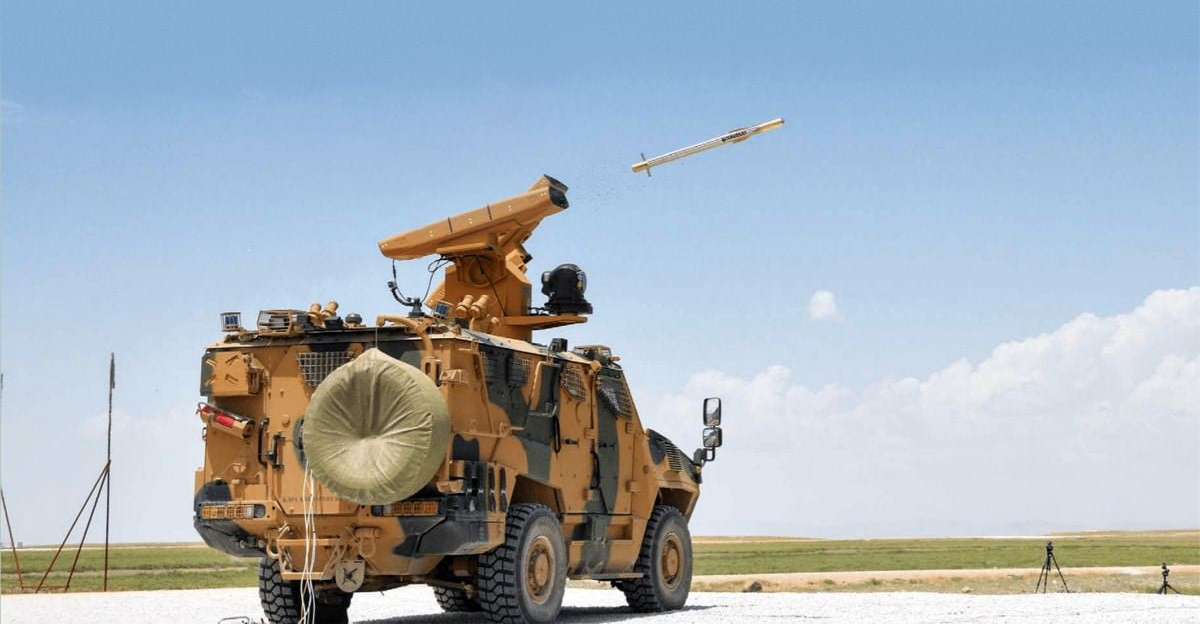
This deal is the first time a European country has purchased such a comprehensive, integrated SPYDER package from Rafael. Outlets like Army Recognition, Defense News, and European Defence Industry confirm the contract’s historic scope: six SHORAD and six VSHORAD batteries, plus training and missile stockpiles.
Other countries like Poland have shown interest, but Romania concluded the largest and most publicized European SPYDER acquisition to date.
A Price Tag That Turns Heads
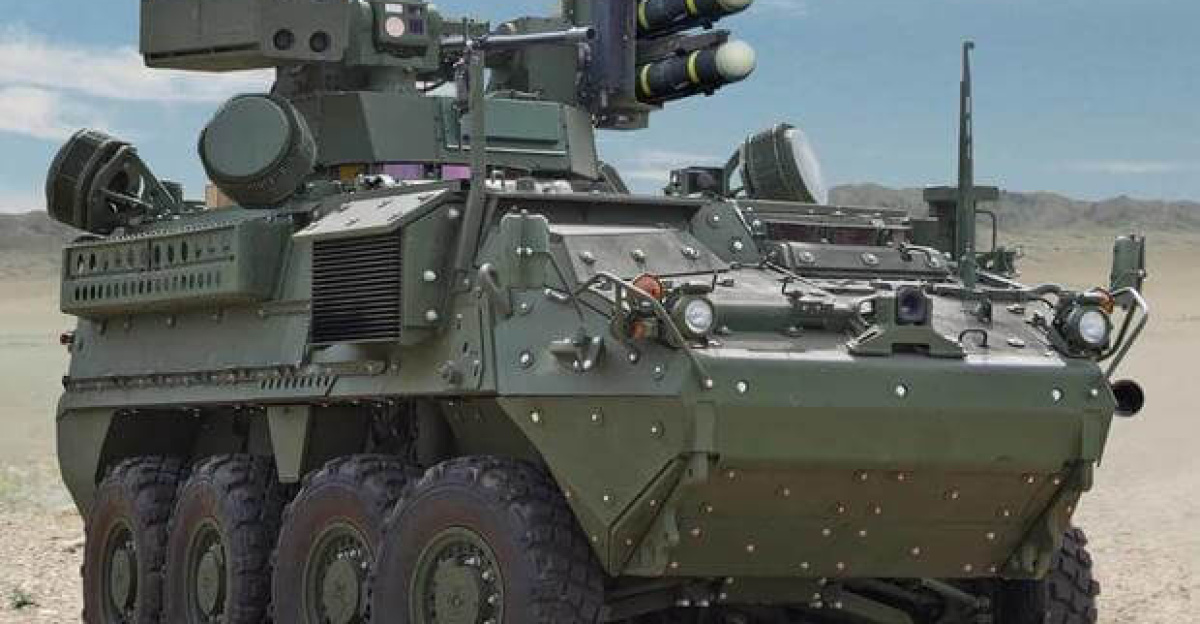
The total value: over €2 billion ($2.2–2.3 billion), as confirmed by Romanian and Israeli defense sources. The package includes six complete SHORAD-VSHORAD systems with missiles, training, simulation tools, and seven years of logistics and support, a sweeping military modernization program.
Timetable for Deliveries
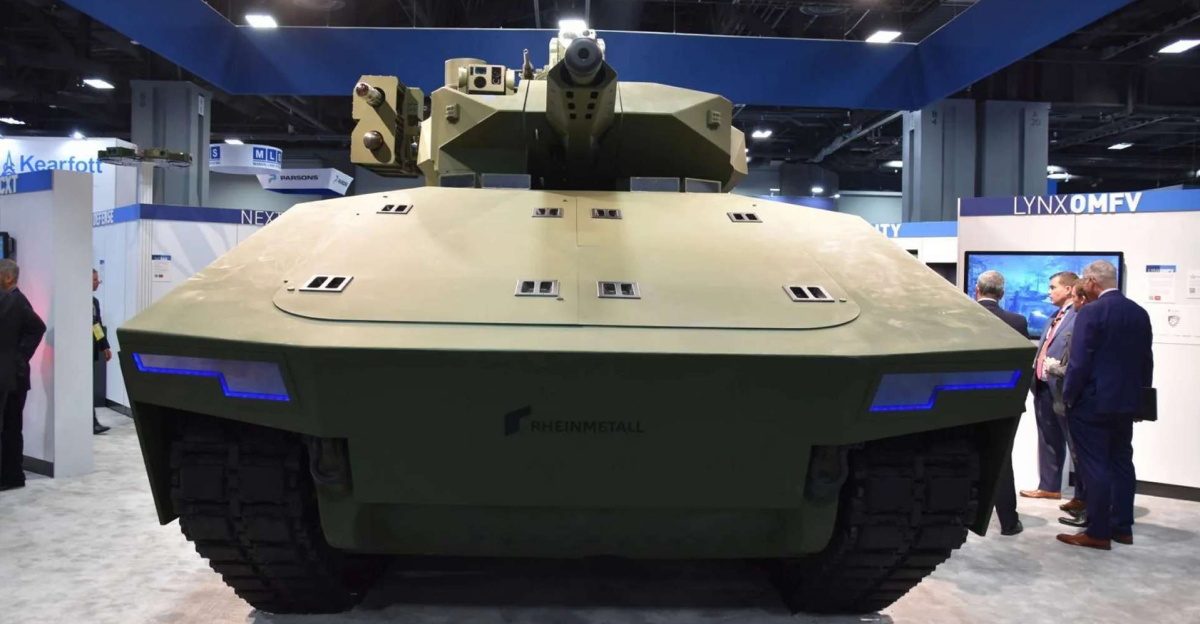
Per Defense News and Army Recognition, the first two systems will arrive no more than three years after contract start (by 2028), with phased deliveries continuing through the seven-year agreement. The Romanian parliament has already approved the acquisition, aiming for initial operational use by 2028.
The Ukraine War Changed Everything

Russia’s 2022 invasion forced Romania to rapidly update defense priorities. Rising drone incursions and debris incidents on Romanian territory highlighted new vulnerabilities. The SPYDER system is meant to give both real and psychological protection at a time when Romania has shifted from Europe’s “rear base” to a crucial NATO frontline.
Fully Integrated Into NATO’s Defense Structure
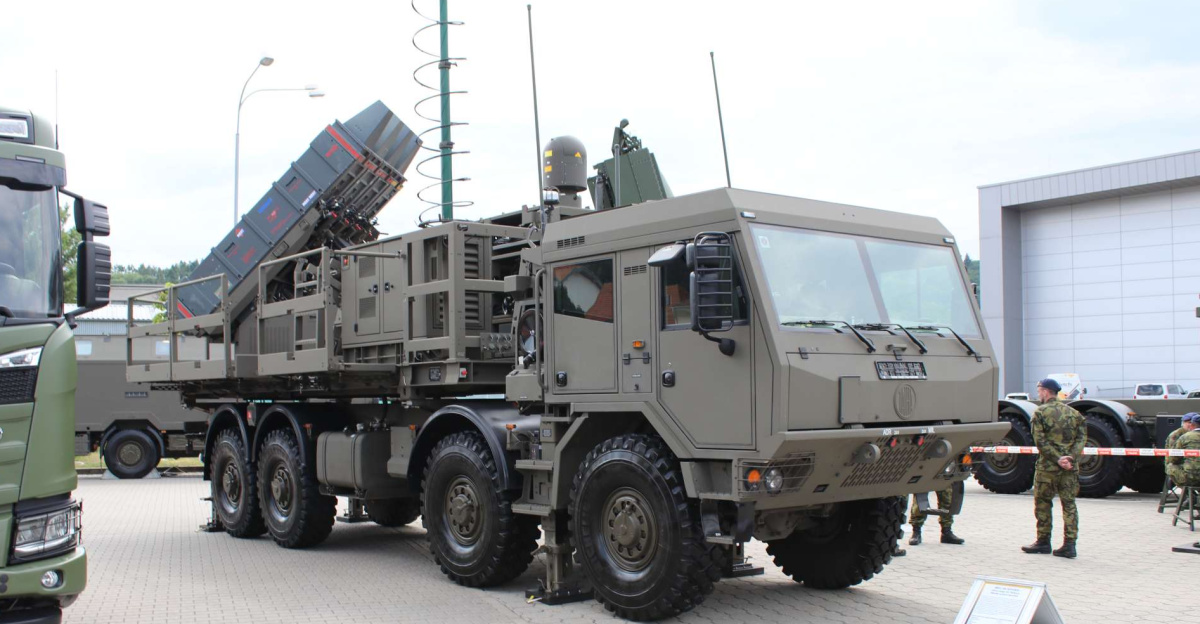
NATO leadership strongly backs enhanced air defense along the alliance’s eastern edge. Czech SPYDER integration, operational by 2026, demonstrates NATO compatibility. Romanian officials confirm that SPYDER will integrate with existing Patriot and Aegis infrastructure.
Will Other Countries Follow?
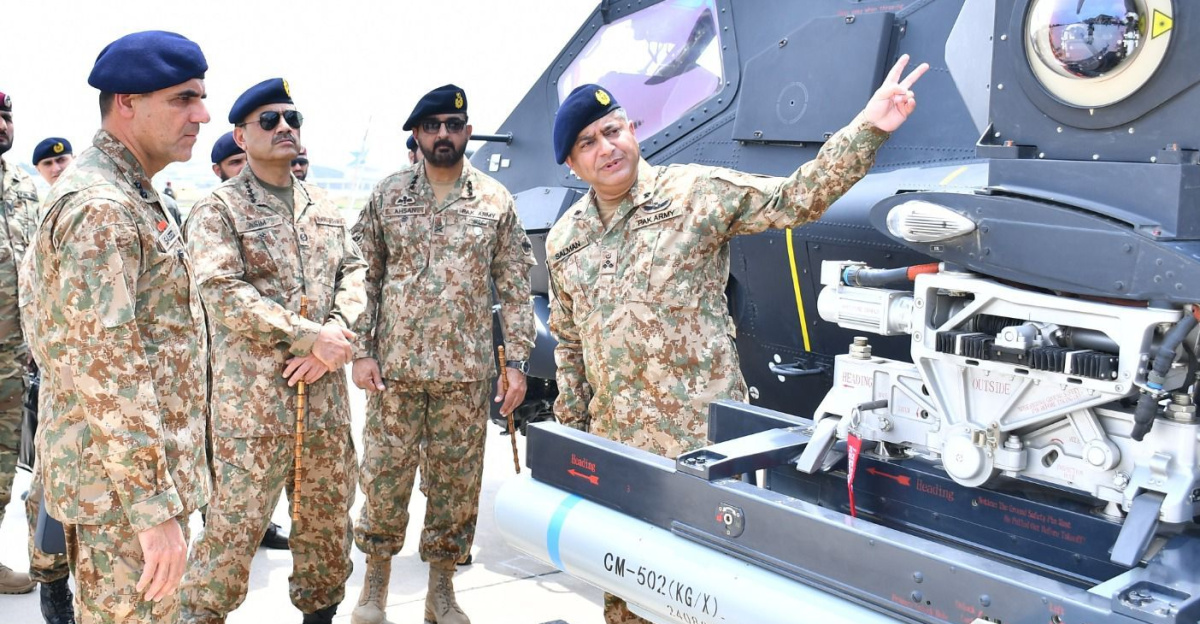
Defense analysts note Poland and Finland are closely watching Romania’s SPYDER program. The Czech Republic will operate similar systems by 2026, and through joint European initiatives, up to 21 countries may coordinate Israeli tech purchases. Romania’s contract could influence broader regional trends.
Can SPYDER Handle the Threats?
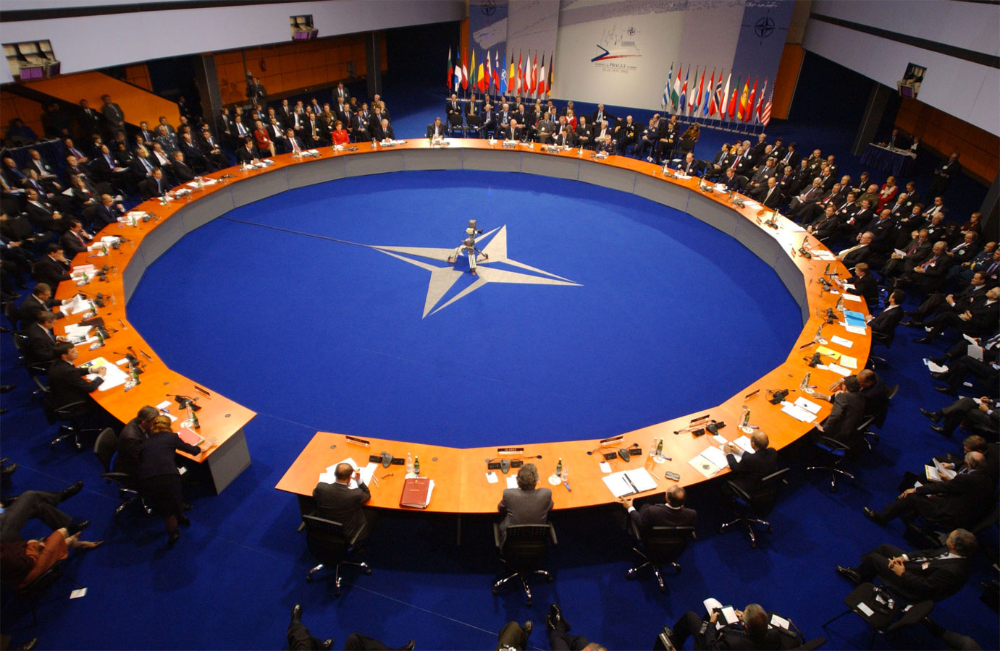
SPYDER is designed to counter short- and medium-range aerial threats using Python-5 missiles (20–40 km range) and Derby missiles with extended reach up to 80 km. The system combines infrared and radar-guided interceptors for layered defense. According to defense analysts and NATO policy, Romania plans to integrate SPYDER with existing systems like Patriot and Aegis Ashore to build full-spectrum protection.
Deepening Romania-Israel Security Ties
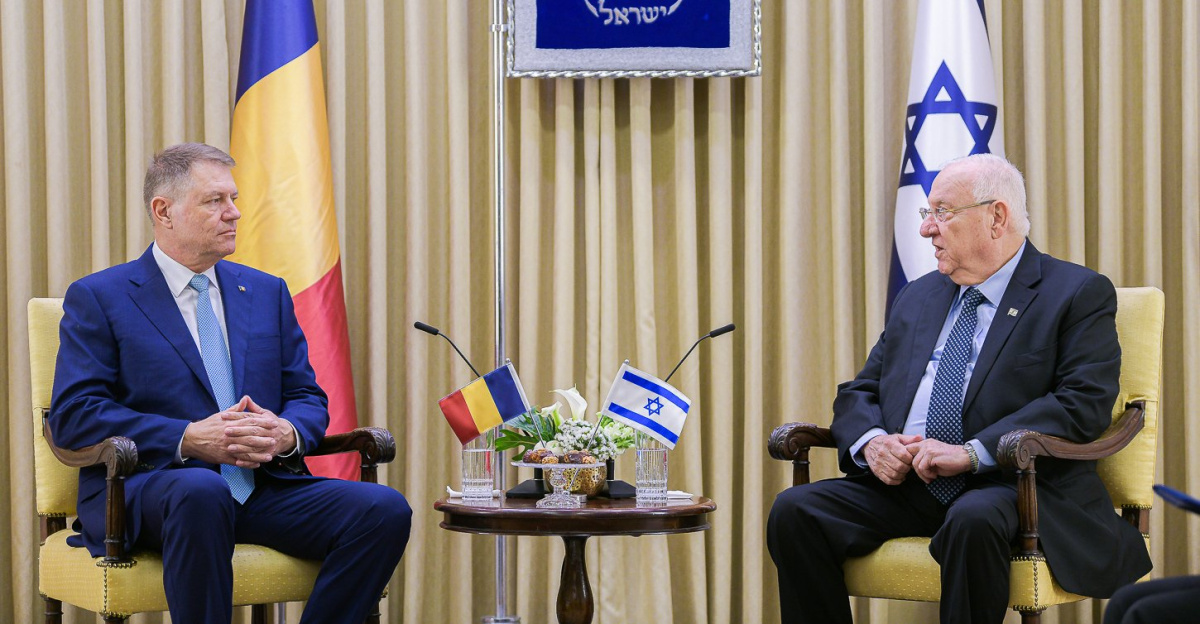
This agreement deepens Romania-Israel defense ties, with officials on both sides calling it a strategic partnership. Rafael recognizes Romania as a key European client, and Romanian leaders hint at further high-tech and energy cooperation. This relationship now extends well beyond hardware purchases.
Public Support for Modern Air Defense
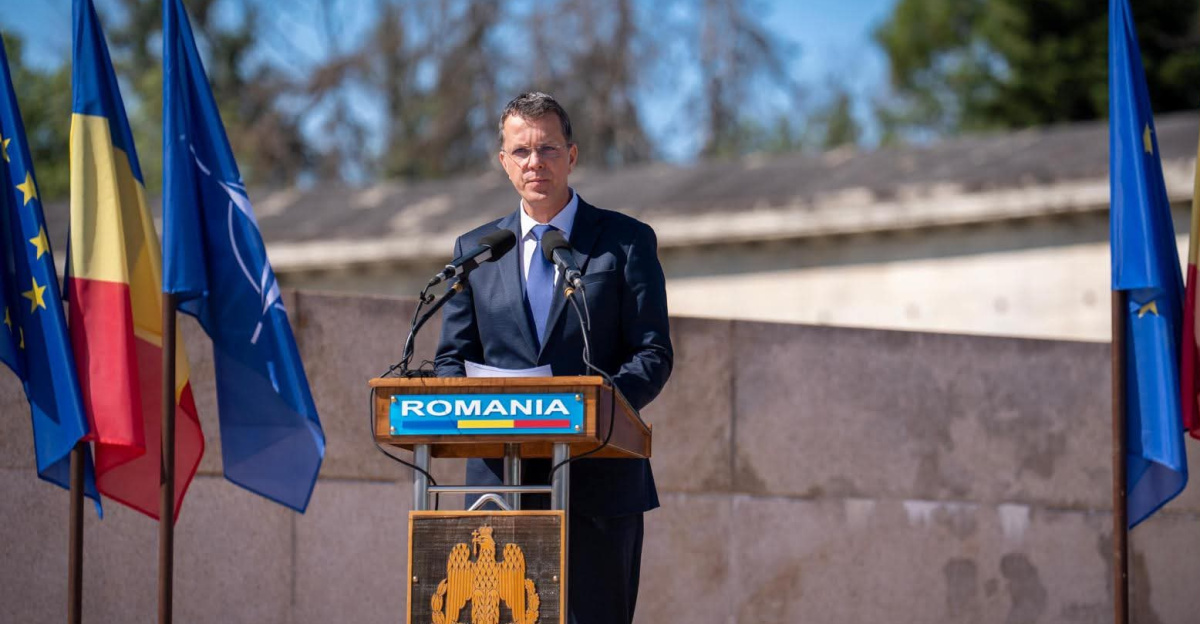
Romanian surveys show strong public backing for more defense spending, with over 70% of people supporting bigger defense budgets to protect national sovereignty. Border towns like those in Tulcea County have faced real threats, with air raid alerts triggered by Russian drone strikes on nearby Ukrainian targets.
Defense Minister Liviu-Ionuț Moșteanu stressed the need to defend “airports, military bases, and cities,” telling TVR: “It will protect us as well. Whether it’s airports, military bases, or, God forbid, we need to defend our cities.”
Romania Sends a Clear Message With Its SPYDER Deal
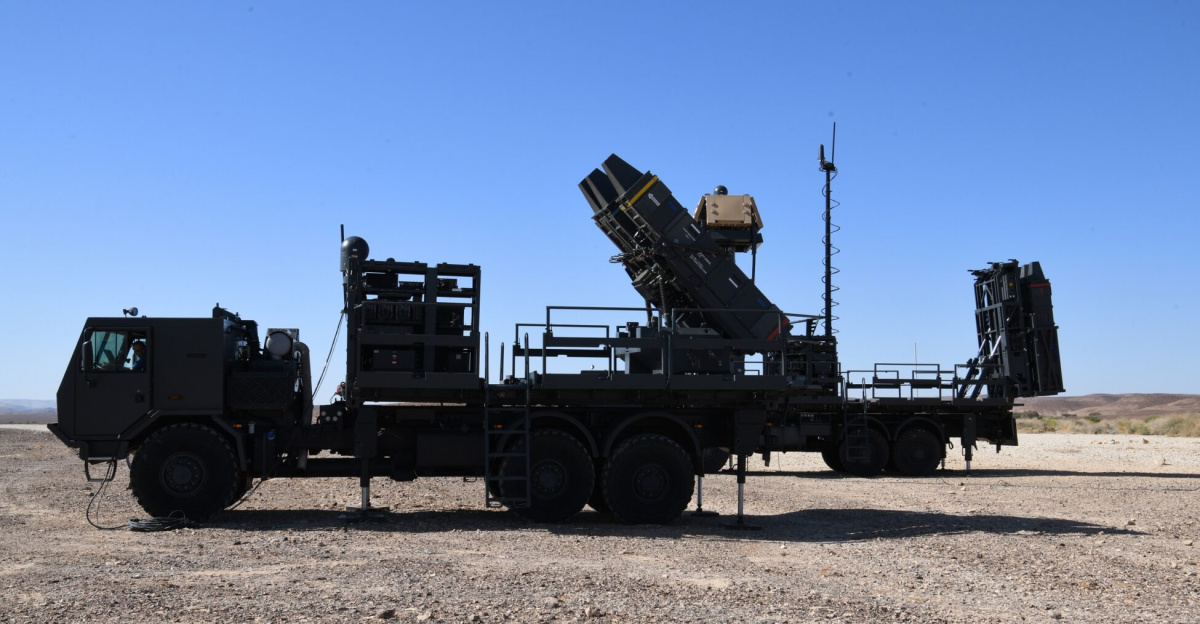
With this deal, Romania is changing Europe’s posture. As the first European country to sign a multi-battery SPYDER contract, Romania is stepping into a leadership role on NATO’s eastern flank. Backed by public support, growing regional threats, and strong ties with Israel, Romania’s message is firm: modern air defense is no longer optional.
As other countries watch closely, this landmark agreement could mark the start of a broader shift in how Europe handles its security in a more dangerous world.




